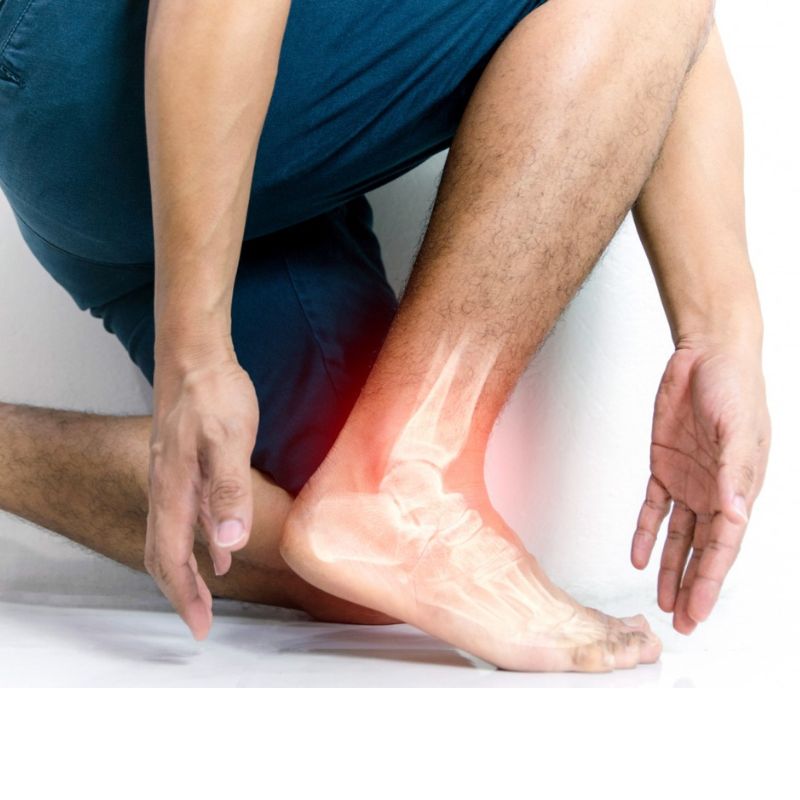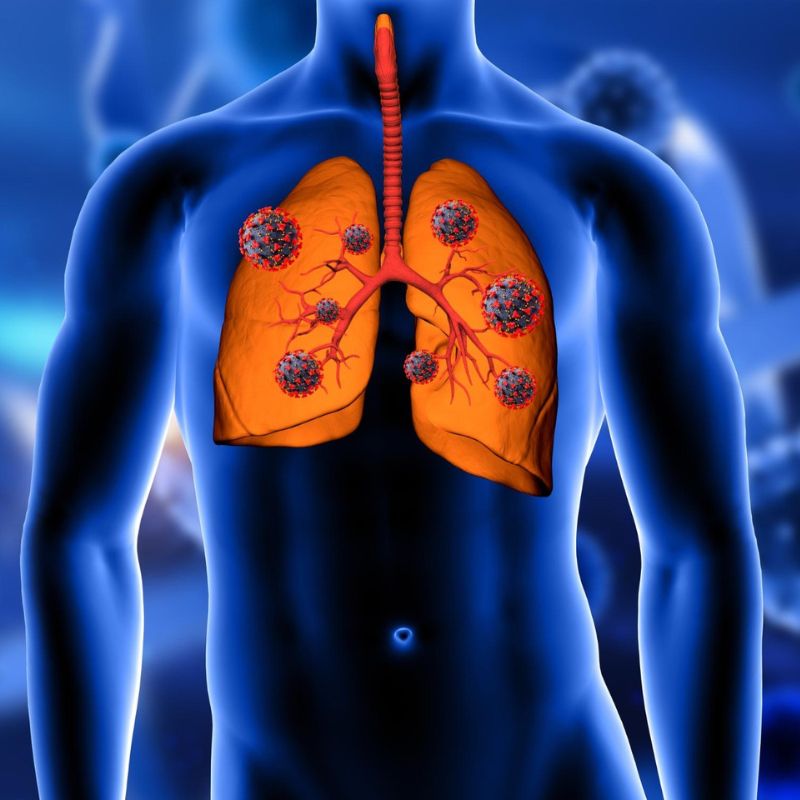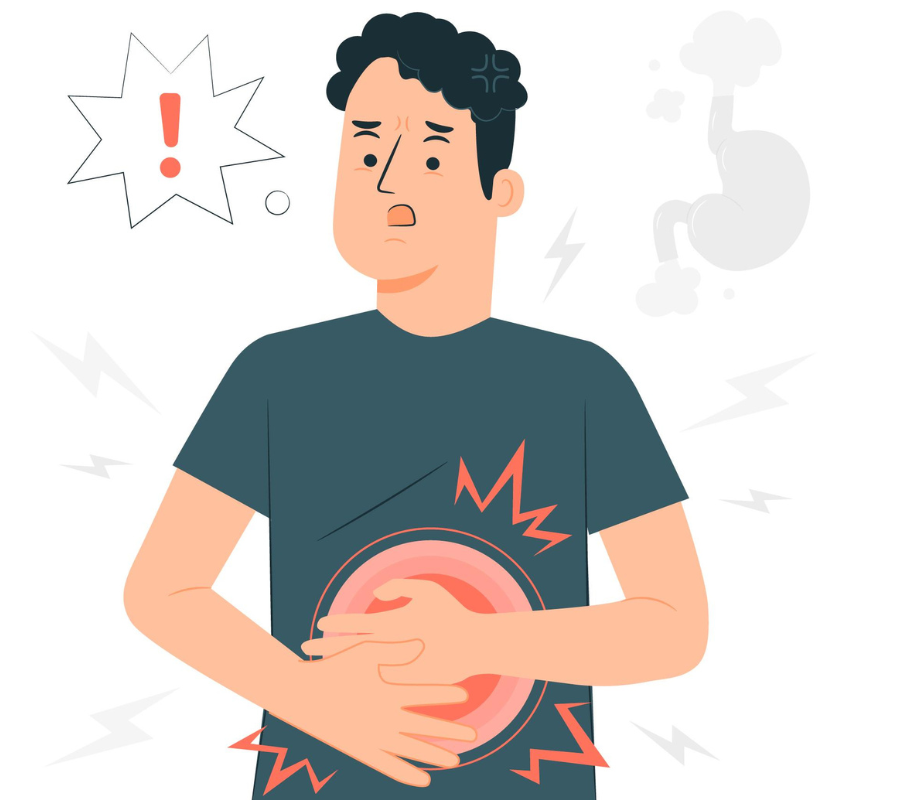
Ayurvedic Medicine and Treatment for Piles, Fissure, Fistula
Ayurvedic Medicine and Treatment for Sexual Diseases
Ayurvedic Medicine and Treatment for Urological Diseases
Ayurvedic Medicine and Treatment for Gynecology Diseases
Ayurvedic Medicine and Treatment for Orthopedic Diseases
Ayurvedic Medicine and Treatment for Digestive Disorders
Ayurvedic Medicine and Treatment for Heart Diseases
Ayurvedic Medicine and Treatment for Skin Diseases
Ayurvedic Medicine and Treatment for Hair Diseases
Ayurvedic Medicine and Treatment for Diabetes Diseases
Ayurvedic Medicine and Treatment for Respiratory Diseases
Ayurvedic Medicine and Treatment for Hernia
Ayurvedic Medicine and Treatment in Indore
Ayurvedic medicine and treatment have gained worldwide recognition and popularity for their effectiveness in addressing a wide range of health issues. Rooted in ancient Indian traditions and based on a holistic approach to healing
Effectiveness of Ayurvedic Medicine
- Natural and Herbal Remedies
- Ayurvedic medicine primarily employs natural remedies derived from herbs, plants, and minerals.
- This reliance on natural substances not only minimizes side effects but also promotes the body’s innate ability to heal itself.
- For example, Ayurvedic herbs like Ashwagandha, Turmeric, and Neem have gained recognition for their therapeutic properties in addressing a wide range of health concerns.
- Long-Term Health Benefits:
- While Ayurvedic medicine can provide relief for acute conditions, its true strength lies in its ability to offer long-term health benefits.
- By addressing the root causes of illnesses, rather than merely alleviating symptoms, Ayurvedic treatments help individuals maintain a higher level of overall health and well-being.
- This approach goes beyond quick fixes and aims to establish lasting wellness.
- Mind-Body Connection:
- Ayurveda recognizes the profound connection between the mind and body. Emotional and psychological factors are considered essential components of overall health.
- Ayurvedic treatments often include practices such as meditation, yoga, and mindfulness to promote mental and emotional well-being, in addition to physical health.
- This holistic approach acknowledges that emotional well-being is a fundamental aspect of one’s health.
- Management of Chronic Diseases:
- Ayurvedic medicine has shown promise in managing chronic diseases such as diabetes, arthritis, and autoimmune conditions.
- Through a combination of herbal remedies, dietary changes, and lifestyle adjustments, Ayurveda can help individuals better manage the symptoms of chronic conditions and improve their quality of life.
- It doesn’t just address the symptoms but also aims to slow down or halt the progression of these conditions.
- Minimal Side Effects:
- One of the significant advantages of Ayurvedic medicine is its minimal side effects. This is particularly beneficial for individuals who may not tolerate or prefer to avoid the side effects associated with pharmaceutical drugs.
- Ayurvedic treatments are generally well-tolerated and can be safely used in conjunction with conventional medicine when necessary.
- This compatibility allows individuals to benefit from both systems of medicine without concerns of adverse interactions.
The Role of Ayurvedic Treatment
Ayurvedic treatment plays a multifaceted role in maintaining and restoring health:
- Preventive Care:
- Ayurvedic treatments focus on preventive care, helping individuals identify and address imbalances in the body before they escalate into serious health issues.
- Regular detoxification, dietary guidance, and lifestyle modifications are key components of preventive care.
- Customized Therapies:
- Ayurvedic practitioners tailor treatment plans to the individual, taking into account their unique constitution and imbalances.
- This customized approach ensures that the treatment addresses the specific needs of the patient.
- Disease Management:
- Ayurvedic medicine is effective in managing various acute and chronic diseases.
- It doesn’t merely suppress symptoms but aims to correct underlying imbalances and restore optimal health.
- Natural Remedies:
- Ayurvedic treatments primarily utilize natural remedies, including herbs, minerals, and dietary recommendations.
- These remedies are chosen for their ability to promote healing with minimal side effects.
If you want to know more about how ayurvedic medicine and treatment can help you to get rid of your problem, Dr Hakim Sadiq can help with the best ayurvedic treatment in Indore, for more information Call now: at 7869835152
Frequently Asked Questions
Que1: What is Ayurvedic treatment, and how does it differ from Western medicine?
Ans: Ayurvedic treatment is a traditional system of medicine from India. It differs from Western medicine in its holistic approach, focus on balance, and use of natural remedies. For more information consult an ayurvedic consultant in Indore.
Que2: What are the key principles and concepts of Ayurveda?
Que3: How is Ayurvedic diagnosis and assessment of health conducted?
Ans: Diagnosis involves an assessment of dosha imbalance through pulse reading, tongue examination, and patient history.
Que4: What are the main components of Ayurvedic treatment, including diet and herbs?
Ans: Ayurvedic treatment includes personalized dietary recommendations, herbal remedies, yoga, and lifestyle adjustments.
Que5: Can Ayurveda treat chronic diseases and conditions?
Ans: Ayurveda can be used to treat various chronic and acute conditions, but results may vary.
Que6: Is Ayurvedic treatment safe, and are there potential side effects?
Ans: When administered by a qualified Ayurvedic consultant in Indore, Ayurvedic treatment is generally safe. Side effects can occur if misused or inappropriately prescribed.
Que7: Are there scientific studies supporting the efficacy of Ayurvedic treatments?
Ans: Some scientific research supports Ayurvedic treatments, but further studies are needed.











